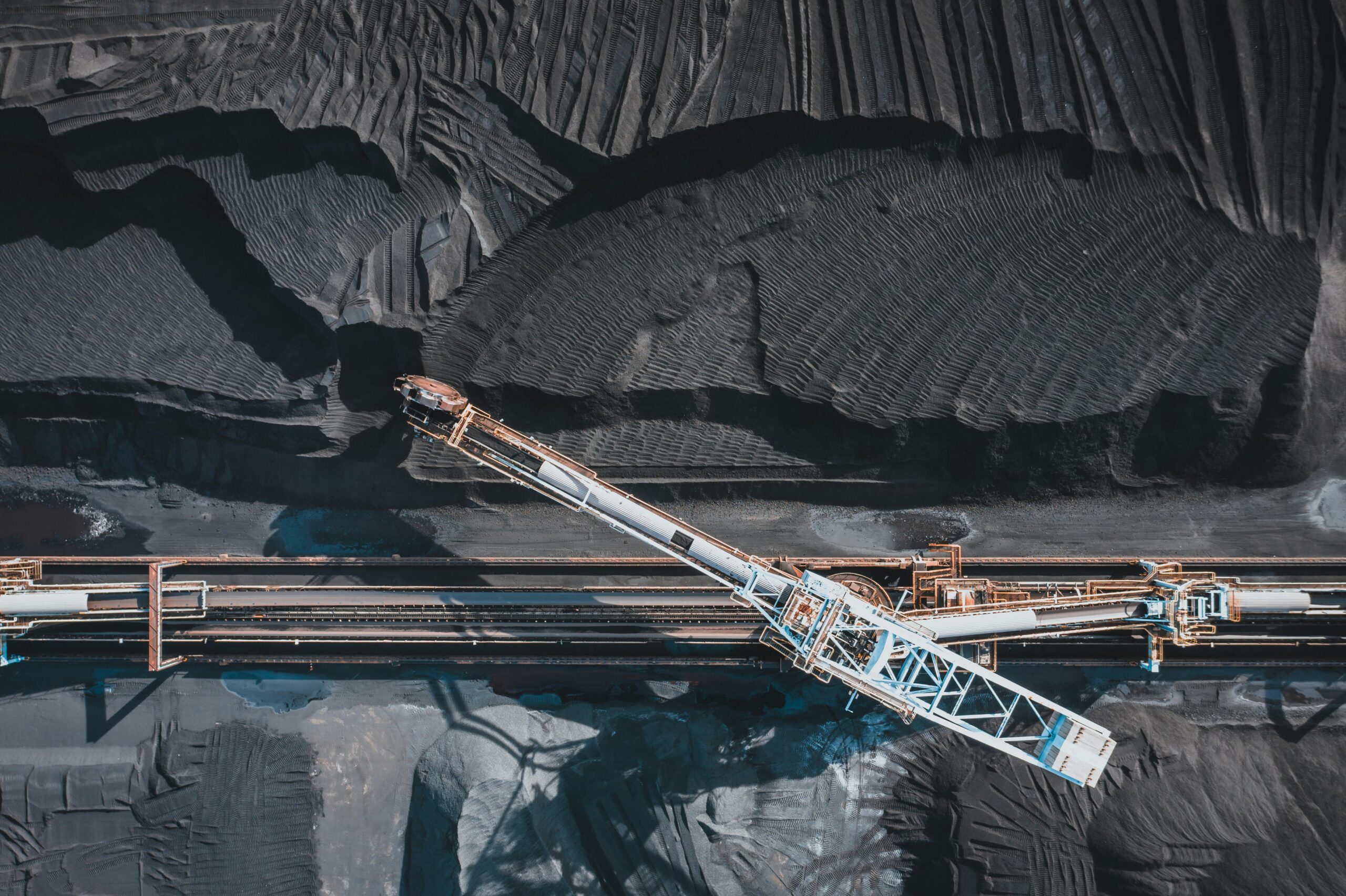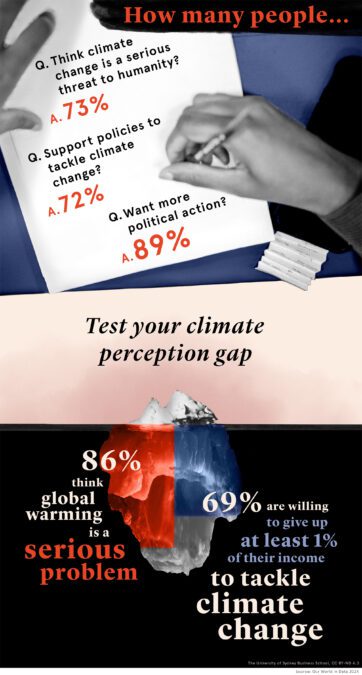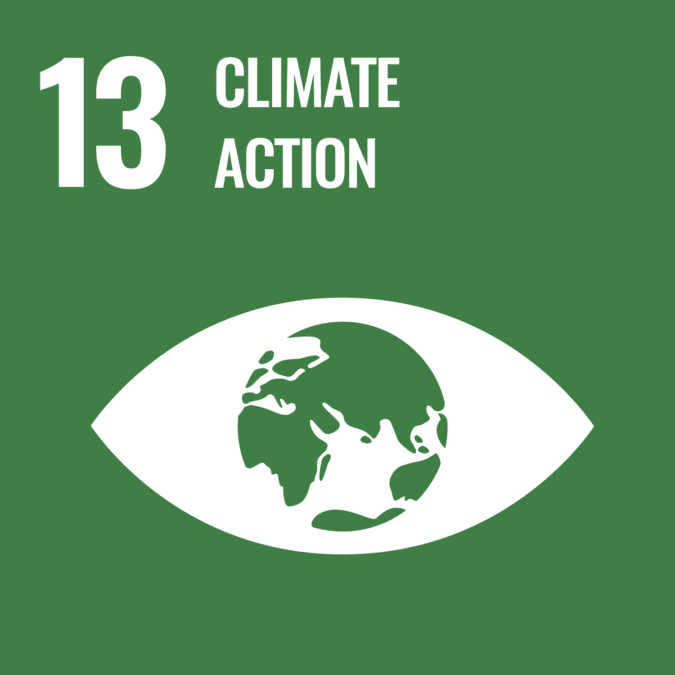Jo Orsatti and Jacquelyn Hole

SDGs by 2030 – are we on track?
Net zero now – it’s the economy AND the planet
Since 2015 when 193 countries signed onto the Paris Agreement, 327.20 billion metric tonnes of CO2 emissions have been added to the world’s atmosphere. That’s a 6 percent increase across that time.
At the current rate of fossil fuel burning there is only a 50:50 chance the world’s average global temperature will remain under the 1.5 Celsius (C) rise committed to in Paris. That’s the agreed ‘tipping point’ beyond which the planet cannot avoid permanent environmental damage.
In Australia, as elsewhere, the climate wars have focused on the climate versus jobs dichotomy. Yet while Australia remains highly dependent on fossil fuel extraction for its national economic prosperity it has also become increasingly unequal in its distribution of that wealth.
This environment versus the economy trade-off has paralysed policy reform for both climate and wealth distribution and, by extension, highly constrained the impetus for the structural change needed to reduce emissions while ensuring distributive justice.

To achieve SDG 13, we need to stop extracting and burning oil, coal and gas.
Leaving valuable commodities untouched runs against every economic instinct we have acquired over the last 200 years. Under target 13.2, Australia needs to decarbonise our industries and energy production. Achieving net zero will require one of the largest and fastest economic transformations in history.
Australia has world leading uptake of rooftop solar however large-scale net zero infrastructure, including solar PV, onshore and offshore wind generation, needs to be rolled out at a faster pace. Though wind and solar has seen its strongest growth in 2021, adding 2955 megawatt (MW) of new capacity across 27 projects, almost 1 gigawatt (GW) more than the previous year, this growth needs to be accelerated to achieve decarbonisation by 2030.
I research the implications of these evolving transition policies on the restructuring of our economies and societies in the hope of avoiding the catastrophic scenarios foreseen if global warming is not kept below 1.5C-2C. Globally climate and weather-related disasters have surged fivefold in frequency and severity over the last 50 years due to climate change. Specifically, I examine how workers and communities can benefit during decarbonisation transitions with a focus on the potential for exacerbation of exiting social and economic inequalities.
I examine how employment policies can be improved to accommodate gendered differences in responses to natural disasters so we can strengthen resilience in a climate-changing world. This includes improved disaster pay and leave policies and also valuing the efforts of volunteers and care workers.
My research draws attention to livelihoods and their role in producing, exacerbating, entrenching or, hopefully, remedying socio-economic inequalities.
I recently undertook a study mapping climate policy with employment relations policy from 1992 to 2022. In 1992 one of Australia’s most influential unions allied with the Australian Conservation Foundation to advocate action on climate by linking this to the possibility of good green jobs. Climate was not seen as a mainstream issue at the time, but jobs certainly were. In 2022 climate policy is still under the influence of vested interests from extractive industries and the implications of stable employment that provides individuals and communities with living wages. Employment regulation is central to ensuring inclusive and equitable energy transitions.
The Australian federal government has accelerated its climate objectives, committing to a 43 percent reduction of greenhouse gas (GHG) emissions by 2030 (compared with 2005 levels) and net zero by 2050. Setting clear emissions reductions goals helps shift the national conversation from ‘should’ to ‘how’ Australia can reduce emissions. The how is still playing out as a key question in moving to low-carbon societies and economies, bifurcating into two areas: how we can secure decarbonised energy security AND access for business and all Australians.
Secondly, the Australian economy remains heavily reliant on exporting fossil fuels: Australia’s top three exports are coal briquettes, iron ore and petroleum gas, accounting for 62 percent of all export value in 2022. While there is abundant potential for Australia to become a green superpower through renewable energy, an industrial policy that aligns with this objective remains to be realised.
Australia will need to re-orientate its industry strategies and policies toward comparative advantages in decarbonisation, devise a plan for clean energy and minerals export and grow sectoral employment with related educational infrastructure. Key roadblocks remain with resistance to and differential benefit from introduction of large-scale renewable energy projects. These roadblocks sit against the background of a decade of wage stagnation. While the nominal minimum wage grew by 22.7 percent over the last five years the real minimum wage increased by only 2.3 percent, well below most OECD peers.
Around the world most people want to see more action on combating global warming. Just over 70 percent of Australians are concerned about climate change and two thirds think the Government should phase out coal mining and transition the nation to other industries, even at significant economic cost.
Interestingly most people also significantly underestimate the level of support for climate policies. This ‘perception gap’ is so wide that in the USA, for example, up to 90 percent of people think only one-third of their peers favour climate policies whereas more than two-thirds of the country do.
Governments need to harness this strong public support into effective environmental and economic policies. We need to activate the ‘common good’, the ways individuals and collectives come together as socio-political movements finding ways to create inclusive energy and adaptation pathways. It could be the only way to alter our current trajectory into environmental disaster.

Sustainable Development Goal (SDG) targets addressed:
Target 13.1 Strengthen resilience and adaptive capacity to climate-related hazards and natural disasters in all countries
Target 13.2 Integrate climate change measures into national policies, strategies and planning
Resources
Student assignment
What are you most worried about when you think about climate change? What do you think influences your perspective?
Further reading
Reports
- The Australian Institute: Climate of the Nation 2023: Tracking Australia’s attitudes towards climate change and energy (Elizabeth Morison)
- Lowy Institute Poll 2023 Report: Australian attitudes to the world (Ryan Neelam)
- Senate Select Committee on Australia’s Disaster Resilience: Chapter 1, November 2022
- OECD Employment Outlook 2024: The net-zero transition and the labour market
- International Energy Agency: The World Energy Employment 2022
Article
- Ritchie, H. (2024) More people care about climate change than you think. Our World in Data.
Dr Jo Orsatti is a Lecturer in the Discipline of Work and Organisational Studies with an interdisciplinary background in work studies, technology and social theory.
Share
We believe in open and honest access to knowledge. We use a Creative Commons Attribution NoDerivatives licence for our articles and podcasts, so you can republish them for free, online or in print.



